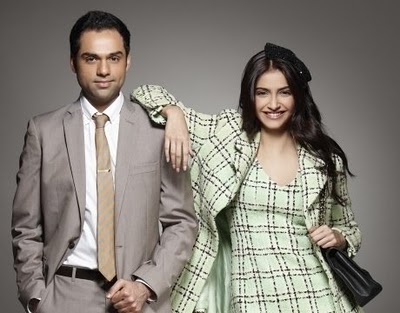So recently, the director of Aisha, the new Bollywood remake of Emma, said that her movie isn’t women-centric.
With all due respect: Yes, it is. If it’s a faithful adaptation of Emma, it’s primarily from the female perspective. It’s about a woman who mostly sticks her nose into other women’s lives. Those women respond, or don’t. Women! Women everywhere! Definitely lady-centric.
….Your point?
Listen. I get it. I know that men don’t generally go to “women’s” movies, though nobody seems to mind taking my lady-dollars when I go see Vin Diesel do his thing. I know that, from a marketing perspective, you and your studio might prefer to step away from the looming Chick Flick label—after all, it’s not like “chicks” have any money, or like to spend time at the theater, or eat concessions, or bring their friends (who, remember, also have no money) along.
But denying the prevalence of women in your film isn’t helping. It’s one thing to emphasize the ways in which Aisha, or Emma, might appeal universally—to say that women aren’t the only ones who find themselves wrong, and that women aren’t the only ones who fall in love, and that the experiences of a fictional woman might still be of interest to those who aren’t women, just as the experiences of a fictional men can certainly be of interest to those who aren’t men. But to say “this movie isn’t about women, so you should come and see it” plays into the exact logical loophole you’re trying to avoid. I think what you want to say is, “This movie is about a woman, and it has characters and a plot, just like man movies!” Or, “This movie is about a woman, but you don’t have to show your Girl Card at the door!” Or maybe just, “This movie is about a woman. Come on in.”

